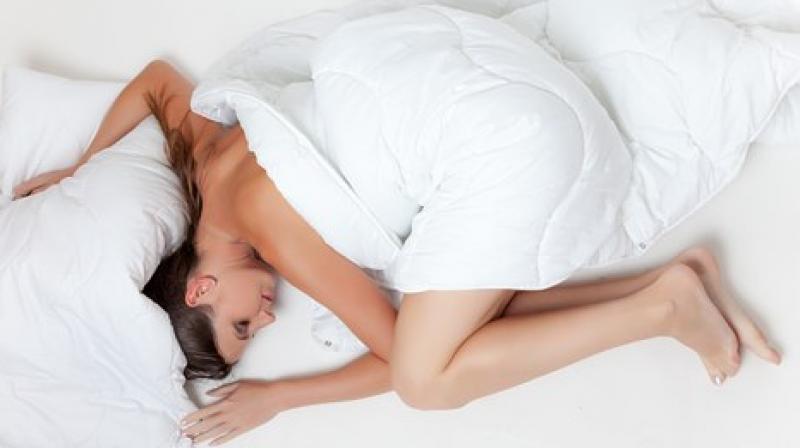Magic cure for all your sleep disorders
The best postures for more restful sleep - even when stress isn\'t letting you get any.

The life we live in today is far from healthy. We work around the clock, eat too much, our stress levels have never been higher, and our addiction to smartphones isn’t helping either. Stress can be the result of several factors – be it our work environment or difficulties in our personal life but the toll it takes on our health is far worse than one can imagine.
A survey conducted by CignaTTK Health Insurance states that about 89 per cent of the population in India suffers from stress as against the global average of 86 per cent. Director and Co-founder of Wakefit, Chaitanya Ramalingegowda talks of the various symptoms and sleep postures that can help you tackle stress and take care of your everyday sleep problems.
He shares that the first stage of handling stress includes understanding some of the basic signs that your body is giving you. Headaches, migraines, fatigue, sleep issues, an upset stomach, chest pain, or muscle tensions are all common symptoms of stress.
It is also known to affect your mood and temperament – common side effects may include irritability or anger, anxiety, restlessness, lack of motivation or focus and/or feeling overwhelmed. If these issues persist, they may lead to permanent health problems such as high blood pressure or even heart disease.
The magic cure-all for a day filled with anxiety, tension and stress is a good night’s rest. A good night's rest also helps you manage stress –ensuring you are less agitated and more focused, ready to tackle the day. Here are the best sleep postures that will ensure you fall asleep faster and stay asleep longer - preparing you for the day ahead.
The Fetal Position:
Sleeping on your side, also known as the fetal position, is the most advantageous way to sleep as it enables the spine to rest in its natural alignment. It is especially beneficial for pregnant women and those with lower back problems. Curling up in your sleep can also help reduce snoring, which is something that’s likely to make your partner sleep well too!
On Your Back:
Lying on your back offers the most health benefits. This position may relieve the strain felt on your spine, hip, and knee - the parts of the body that take a hit all day long. For a bonus, place a pillow under your neck and knees as this will ensure your body has even support.
Conversely, the positions you must avoid are the ones that put the most strain on your neck and spine – two very sensitive zones that already carry the burden all day long. Sleeping on your stomach is one of the most discouraging positions of sleep as it aggravates the most delicate parts of your body. Sleeping in this position may be comfortable but it can strain your muscles and joints resulting in soreness and fatigue when you wake up.
Sound sleep is necessary for bodies to recover and function to the best of their ability. Today, we are all surrounded by many stressful elements throughout the day. It is essential that we do as much as we can to improve our home environments in order to get the best chance of quality sleep.
Changing your sleep posture is one, but there are other changes that can help. Having the right mattress, pillows, lighting and sound are all factors that contribute to optimal sleep. It is equally important that one puts away any distractions such as phones and computers, which emit bright lights. These tricks go a long way in allowing one’s body to get the rest it needs to cope with the stress of everyday life.
